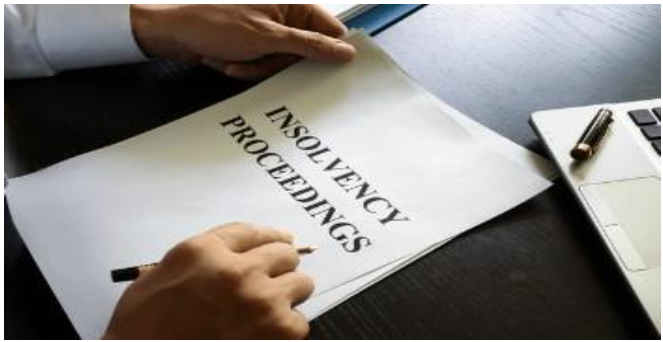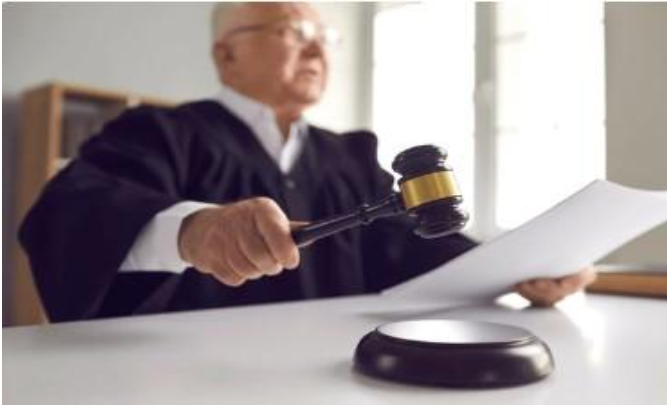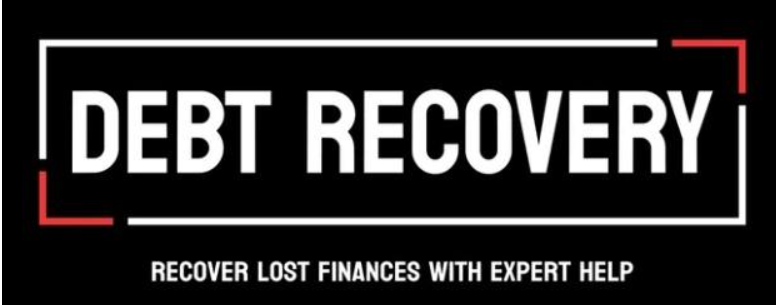Introduction
When unpaid debts begin to impact a business’s financial stability, pursuing legal avenues for debt recovery becomes necessary. Understanding the debt recovery process and knowing what to expect can help businesses and creditors take the right steps. This guide outlines the main legal options available for debt recovery and provides insights into each step.
- Initial Steps in Debt Recovery
Before pursuing legal action, it’s advisable to exhaust initial measures to recover the debt. Early resolution strategies can be cost-effective and less time-consuming:
- Friendly Reminder: Often, a gentle reminder via email, text, or phone call can encourage a debtor to make payment.
- Formal Demand Notice: If the initial reminders are ignored, issuing a demand letter outlining the outstanding debt, any applicable interest, and the timeline for payment is essential. This letter is often a prerequisite for any legal action and provides evidence of the creditor’s effort to recover the debt.
2. Legal Options for Debt Recovery
When informal measures fail, there are several legal options for recovering debt:
a. Filing a Legal Notice
A legal notice is a formal communication sent to the debtor, informing them of the creditor’s intention to pursue legal action if the debt is not repaid within a specific period (usually 15–30 days). This notice typically includes:
- Details of the debt
- The creditor’s demand for payment
- Possible legal consequences if the debt remains unpaid
Legal notices often prompt debtors to settle to avoid court action, as they serve as a final warning before escalation.
b. Filing a Civil Suit for Recovery
If the debtor does not respond to the legal notice, the next step may involve filing a civil suit under the Code of Civil Procedure (CPC). The suit includes documentation proving the debt, such as invoices, contracts, and communication records.
Process:
- Pleadings: The creditor files a complaint outlining the debt and any accrued interest.
- Summons: The court issues a summons, requiring the debtor to respond to the complaint.
- Trial and Judgment: The case proceeds to trial, and if the court finds in favor of the creditor, it issues a decree directing the debtor to pay the amount.
c. Summary Suit
A summary suit is an expedited legal process under Order XXXVII of the CPC, which applies when there is a written contract, such as a promissory note or bill of exchange, supporting the debt. Summary suits allow creditors to bypass certain procedural steps, making it a faster option when clear documentary evidence is available.
Advantages:
- Quick Resolution: The court can decide the case without a lengthy trial.
- Limited Defenses: The debtor has fewer grounds to contest the suit, often leading to faster judgments.
d. Recovery Through Arbitration
If a contract contains an arbitration clause, the creditor can opt for arbitration as an alternative to litigation. Arbitration involves a neutral third party who hears both sides and makes a binding decision.
Benefits of Arbitration:
- Faster Resolution: Arbitration is typically quicker than court proceedings.
- Privacy: Arbitration proceedings are private, protecting sensitive business information.
However, arbitration costs can be high, and it may not be suitable for smaller debts.
3. Insolvency Proceedings
For substantial unpaid debts where the debtor is insolvent or incapable of paying, insolvency proceedings may be initiated. The Insolvency and Bankruptcy Code (IBC) provides two options depending on the type of debtor:

a. Corporate Debtors
For corporate debtors, creditors can file an application with the National Company Law Tribunal (NCLT) to initiate a Corporate Insolvency Resolution Process (CIRP). The NCLT appoints an insolvency professional to oversee the debtor’s assets and work toward resolution, which may involve:
- Restructuring the debt
- Selling the debtor’s assets
- Liquidating the company if no resolution is possible
b. Individual Debtors
For individual debtors, creditors can initiate insolvency proceedings in civil courts to recover debts. However, this process may be more prolonged and less certain, as it often depends on the debtor’s ability to settle.
Debt Recovery Lawyer in Bangalore
4. Enforcement of Judgment
After obtaining a favorable judgment or decree, creditors may face the challenge of enforcing it if the debtor is still unwilling to pay. The court offers several methods for enforcing judgments:
a. Attachment and Sale of Assets
The court can issue an order to attach and sell the debtor’s property to satisfy the debt. This can include:
- Bank accounts
- Real estate
- Movable assets, like vehicles
b. Wage Garnishment
For individual debtors, creditors can request a garnishment order, which allows the court to deduct a portion of the debtor’s wages or income to pay off the debt.
c. Recovery Certificates
In some jurisdictions, creditors may apply for a recovery certificate from the court, enabling them to directly recover the debt from the debtor’s assets through authorized agents.

5. Tips for a Successful Debt Recovery Process
To maximize the chances of a successful debt recovery outcome, creditors should consider the following:
- Document Everything: Maintain a comprehensive record of all transactions, invoices, communication, and payment attempts.
- Act Quickly: Delays can reduce the likelihood of debt recovery, especially if the debtor’s financial situation worsens over time.
- Consult Legal Experts: Debt recovery laws are complex and vary by jurisdiction, so consulting a legal expert can help streamline the process and ensure compliance.
Conclusion :
Debt recovery is a structured process with various legal avenues, each suited to different types of debtors and debt amounts. By understanding and utilizing these legal options, creditors can recover debts effectively while minimizing costs and disruptions. Whether through legal notices, civil suits, or insolvency proceedings, staying informed and proactive can make the debt recovery process smoother and more successful.

Disclaimer:
The information provided in this article is for general informational purposes only and does not constitute legal advice. While efforts have been made to ensure the accuracy of the content, Bisani Legal and its representatives are not responsible for any errors or omissions, or for any outcomes resulting from reliance on this information. Readers are advised to consult a qualified legal professional for specific legal guidance related to their individual property matters. The use of this article does not establish an attorney-client relationship between the reader and Bisani Legal.
Published by: Mr. Saket bisani
Date: 05/11/2024


